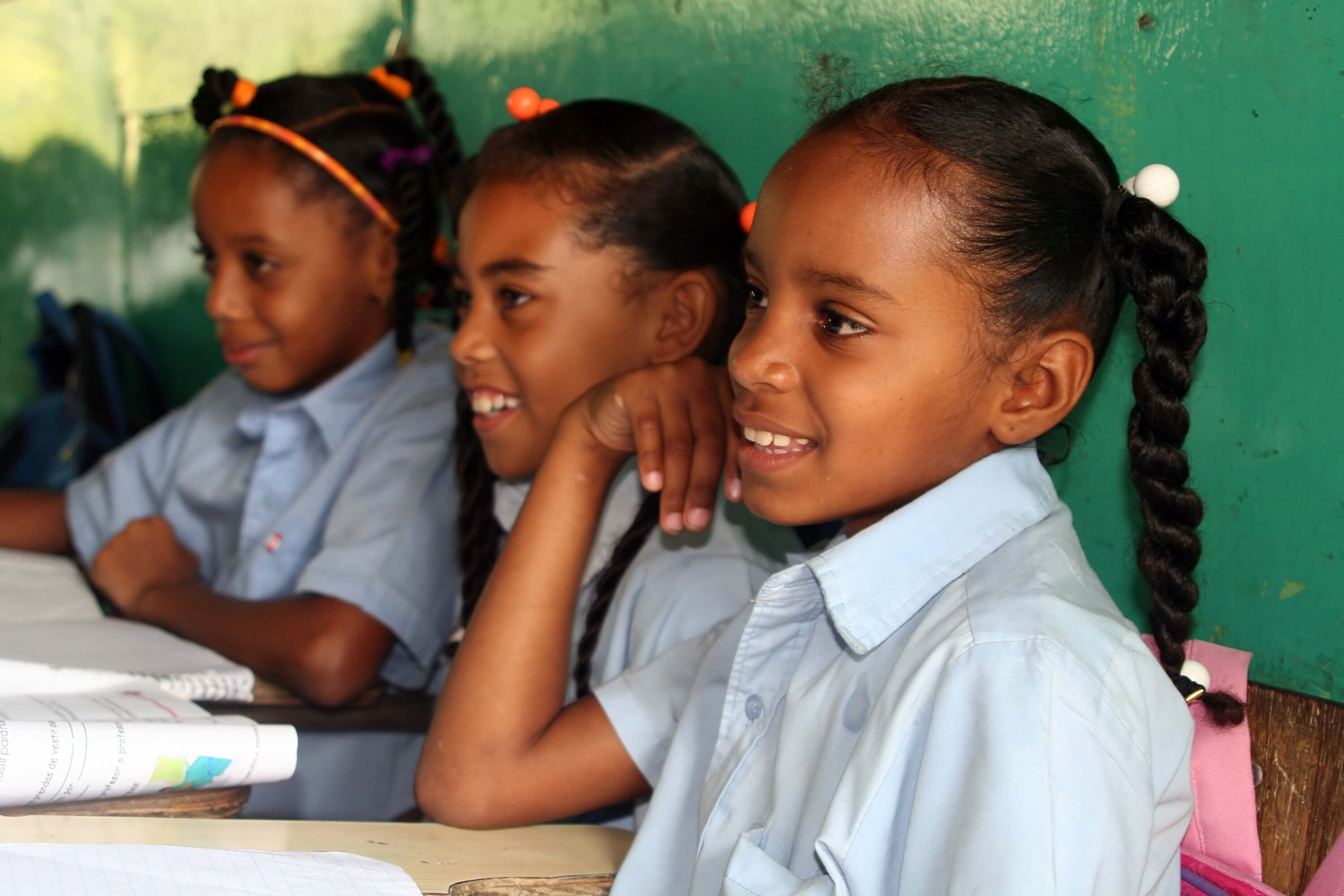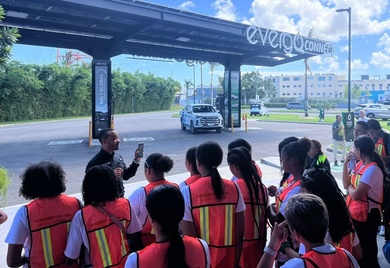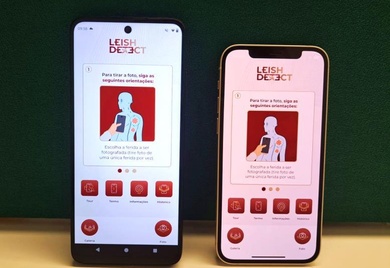The power of baby wipes to promote breastfeeding

Breastfeeding is alarmingly unpopular among women in the Dominican Republic. Only 4.7% of women practice exclusive breastfeeding during the first six months after birth. This is the fourth-lowest rate worldwide after Chad, Djibouti, and Suriname.
Yet, evidence on the health benefits of breastfeeding is overwhelming. Breastfeeding is the cheapest and most powerful weapon against infant mortality, often caused by diarrhea and pneumonia, the two biggest killers of children under five in developing countries. An infant not breastfed in the first 6 months is 15 times more likely to die from preventable diseases. Put simply, breastfeeding can save an infant’s life. One cannot emphasize enough the importance of lactation.
Why is it, then, that breastfeeding, so obviously beneficial for a child, continues to be so low priority?
Breast milk is the best food with the worst marketing
The bad news is that breastfeeding is a social behavior and not a medical practice. It therefore requires a different kind of intervention on many levels from the public and private side. It is not easy to change. It is difficult to practice.
Many barriers make it hard for women to initiate and sustain breastfeeding. Speaking with experts in the Dominican Republic, we found that women lack the opportunity to breastfeed when at work, and lack family and social support when at home. Or they simply do not know of the tremendous health benefits of breastfeeding, possibly deluded by myths surrounding it. Medical staff are poorly trained on the subject. Aggressive (and admittedly brilliant) marketing practices by infant formula companies make bottle-feeding a convenient alternative.
Baby steps
To increase breastfeeding rates, the public sector typically promotes medical training or lactation rooms. But we think that the private sector can contribute without compromising business. Our US$4 million loan to Securepharma serves as an excellent example. IDB Invest (formerly known as Inter-American Investment Corporation) currently finances a new production line for disposable baby wipes in the Dominican Republic.
Our idea here is simple: Print "health messages" related to breastfeeding on the packages of baby wipes to encourage mothers to breastfeed. Why not exploiting the opportunity to directly target mothers with a product that is used regularly, daily and is associated with hygiene and infant care?
Such messages – with the help of a local communication agency and a health expert – will inform mothers (through images and text) how to breastfeed and why it is beneficial.
Test it, scale it or drop it
We will test the effectiveness of our intervention through an impact evaluation. The idea is to measure the effects of behavior change communication on mother’s breastfeeding knowledge and practice. Securepharma kindly agreed to freely distribute the baby wipes in hospitals across the country. Not only can our client make this new product known to new mothers, but we will also catch mothers at a critical moment. Breastfeeding is more likely to sustain with initiation in the first hour of birth.
To properly assess impact, we will distribute baby wipes packages in randomly selected hospitals without any printed messages or additional information materials. Those mothers who are the recipients of these “untreated” wipes will serve as our control group.
This will hopefully give answers to many questions. Will these messages change behaviors? Will they debunk myths? Are messages printed on daily-use commercial products more effective than information flyers? Does context matter? Will mothers perceive infant-care hygiene products credible and trustworthy?
Why the client loved the idea
Impactful development initiatives not only can help our client define its role in society, but also be a core part of business. Our client recognized the value of this health initiative for his business. He has good reasons. With the help from the IDB Invest, the client receives free insights on consumer perception through our impact evaluation, test the visual appeal of its product design, build brand equity, and receive public visibility.
We’ll keep you posted about the results of the impact evaluation.
LIKE WHAT YOU JUST READ?
Subscribe to our mailing list to stay informed on the latest IDB Invest news, blog posts, upcoming events, and to learn more about specific areas of interest.
Subscribe



